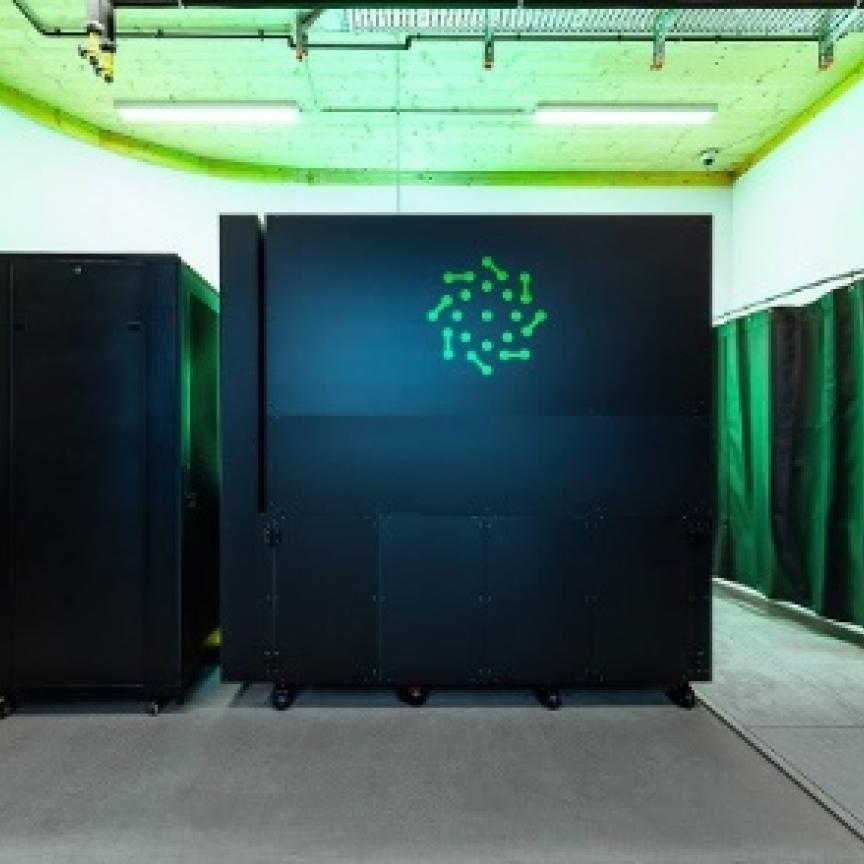ARM has taken a step into the artificial intelligence market with the announcement of a new micro-architecture - DynamIQ - specifically designed for artificial intelligence (AI)
ARM has stated that this new chip is enabling higher performance ceilings than ever before without compromising on ARM’s trademark energy efficiency.
In a recent blog post, ARM’s GM of Compute Products Group, Nandan Nayampally, stated: ‘DynamIQ technology is a monumental shift in multi-core microarchitecture for the industry and the foundation for future ARM Cortex-A processors. The flexibility and versatility of DynamIQ will redefine the multi-core experience across a greater range of devices from edge to cloud across a secure, common platform.’
ARM has announced its latest micro-architecture will directly address artificial intelligence applications with dedicated processor instructions for Machine Learning (ML) and AI, Increased multi-core flexibility that SoC designers can use to scale up to eight cores within a single cluster and safer autonomous systems through the increased responsiveness for Advanced driver assistance systems (ADAS) and increased safety capabilities which enable Automotive Safety Integrity Level (ASIL) D compliant systems – the highest integrity requirements based on the ASIL system.
ARM is joining the race for computing dominance in an increasingly competitive market of processing technologies specifically optimised for AI applications. While true artificial intelligence is still many years away, precursor technologies such as machine learning and natural language processing are already growing at a huge rate. Chip makers are responding to this by investing heavily in computing technologies that can support these emerging applications.
In November 2016 market research firm, MarketsandMarkets, published a report into the artificial intelligence industry. The company reported that this market is forecast to grow at a compound annual growth rate of 62.9 per cent from 2016 to 2022 to more than 16 billion by 2022.
‘Naturally we see it as our responsibility to address the industry demand for ubiquitous AI, autonomous systems and accelerating the integration of virtual worlds toward a mixed reality experience. To address these needs, we are previewing our new ARM DynamIQ technology to enable our partners with higher performance ceilings than ever before without compromising efficiency’ said Nayampally.
Nayampally continued: ‘DynamIQ technology will be pervasive in our cars, our homes, and of course our smartphones as well as countless other connected devices where machine learning is applied to the zettabytes of data they generate – both within the cloud and at the device level – advancing AI for a more natural and intuitive user experience.’

